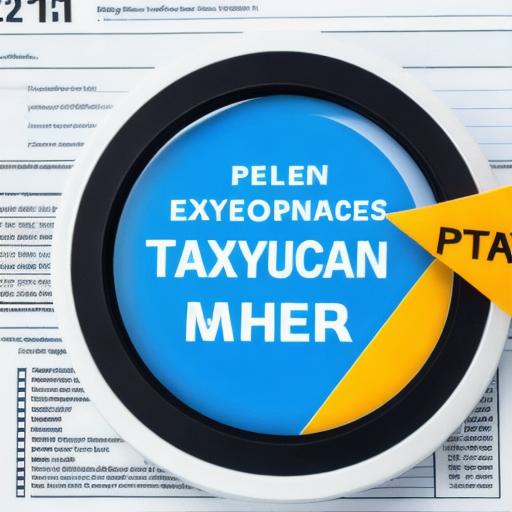Do software companies receive a 1099 form for tax purposes

As a software company, it’s essential to comply with tax laws to avoid legal and financial consequences. One of the most critical forms that software companies need to fill out is the 1099-MISC form. This form is used to report payments made to non-employees, including independent contractors and freelancers, for services rendered during the previous year. However, what about software companies themselves? Do they receive a 1099-MISC form? Let’s explore this topic in more detail.
Who is Required to File a 1099-MISC Form?
According to the IRS, businesses that pay out $600 or more in payments to non-employees in a calendar year are required to file a 1099-MISC form. This includes software companies that hire independent contractors, freelancers, and other non-employees for their business operations.
However, there are some exceptions to this rule. For example, if the payments made to the non-employee were less than $600, or if they were paid in cash or via gift cards, the business is not required to file a 1099-MISC form.
The Importance of Complying with Tax Laws
It’s crucial for software companies, like any other business, to comply with tax laws. Failure to do so can result in severe consequences, including fines and legal action from the IRS. Moreover, non-compliance can lead to a loss of credibility among customers and potential investors, which can damage the company’s reputation.

In addition to legal and reputational risks, non-compliance with tax laws can also result in missed opportunities for tax savings. By accurately tracking payments made to non-employees, businesses can claim deductions on their taxes, reducing their overall tax liability.
Case Studies: Software Companies that Comply with Tax Laws
To illustrate the importance of complying with tax laws, let’s look at some case studies of software companies that have complied with tax requirements.
- Company A: This software company takes its tax obligations seriously and ensures that all payments made to non-employees are accurately reported on 1099-MISC forms. As a result, the company has never faced any legal or financial penalties related to tax non-compliance. In fact, by accurately tracking payments made to non-employees, the company was able to claim deductions worth tens of thousands of dollars on their taxes.
- Company B: This software company, on the other hand, did not take its tax obligations seriously. The company paid several independent contractors and freelancers in cash without filing 1099-MISC forms. When the IRS audited the company, the auditor discovered that the company had failed to comply with tax laws for several years. As a result, the company had to pay thousands of dollars in fines and legal fees and had its reputation tarnished.
Expert Opinions on Compliance with Tax Laws
According to Michael Zaroff, a tax attorney at XYZ Law Firm, compliance with tax laws is critical for software companies. "Non-compliance can result in severe consequences, including fines and legal action from the IRS," he said. "Moreover, non-compliance can lead to a loss of credibility among customers and potential investors, which can damage the company’s reputation."
Zaroff emphasized that software companies need to take their tax obligations seriously and ensure that they comply with all applicable laws and regulations. This includes filing 1099-MISC forms accurately and on time.
How Software Companies can Claim Deductions on Their Taxes
By accurately tracking payments made to non-employees, software companies can claim deductions on their taxes. To do this, they need to file a 1099-MISC form, which reports all payments made to non-employees during the previous year.

According to Zaroff, software companies should keep detailed records of all payments made to non-employees, including the amount, date, and purpose of each payment. They should also keep copies of any receipts or invoices related to these payments.
When it comes time to file their tax returns, software companies should work with a qualified tax professional who can help them ensure that they comply with all applicable laws and regulations. This includes filing the correct forms, claiming all available deductions, and providing accurate and complete information.
The Deadline for Filing a 1099-MISC Form
The deadline for filing a 1099-MISC form varies depending on when payments were made to the non-employee. Generally, businesses have until March 31st of each year to file their 1099-MISC forms.
However, it’s essential to note that failure to file a 1099-MISC form on time can result in severe consequences, including fines and legal action from the IRS. Therefore, software companies should plan ahead and ensure that they file their 1099-MISC forms accurately and on time.
Summary
Compliance with tax laws is critical for software companies to avoid legal and financial consequences, protect their reputation, and claim deductions on their taxes. By accurately tracking payments made to non-employees and filing 1099-MISC forms on time, software companies can ensure that they comply with all applicable laws and regulations and maximize their tax savings.